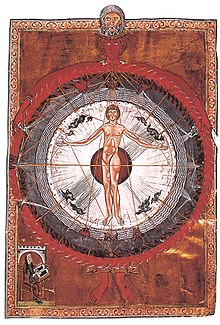You are currently logged-out. You can log-in or create an account to see more talks, save favorites, and more. more info
Mysticism Talks

Mysticism encompasses religious traditions of human transformation aided by various practices and religious experiences. Popularly, mysticism is used synonymously with mystical experience, a neologism which refers to an ecstatic unitive experience of becoming one with God, the Absolute, or all that exists.
Scholarly research since the 1970s had questioned this understanding, noting that what appears to be mysticism may also refer to the attainment of insight into ultimate or hidden truths, as in Buddhist awakening and Hindu prajna, in nondualism, and in the realisation of emptiness and ego-lessness, and also to altered states of consciousness such as samadhi.
The term "mysticism" has Ancient Greek origins with various historically determined meanings. Derived from the Greek word μύω múō, meaning "to close" or "to conceal", mysticism came to refer to the biblical, liturgical (and sacramental), spiritual, and contemplative dimensions of early and medieval Christianity. During the early modern period, the definition of mysticism grew to include a broad range of beliefs and ideologies related to "extraordinary experiences and states of mind".
Broadly defined, mysticism as a way of personal transformation can be found in a number of religious traditions, including Western mysticism and Western esotericism, Sufism, Buddhism, and Hinduism.
| Title | Speaker | |
|---|---|---|
The Mysticism of Meister EckhartSerial: NC-01070 Community Retreat Spring 2002 OSB Cam, Meister Eckhart, Mysticism, Apophatic, Intuition, Fox, Oneness, Beginners... |
Apr 2002 1 of 5 (#4 not recorded) New Camaldoli Hermitage |
|
Two Approaches to God: Prophet and MysticSerial: NC-01071 Community Retreat Spring 2002 OSB Cam, History of religion, Thomas Aquinas, Meister Eckhart, Bonaventure, Apophatic, Prophetic,... |
Apr 2002 2 of 5 (#4 not recorded) New Camaldoli Hermitage |